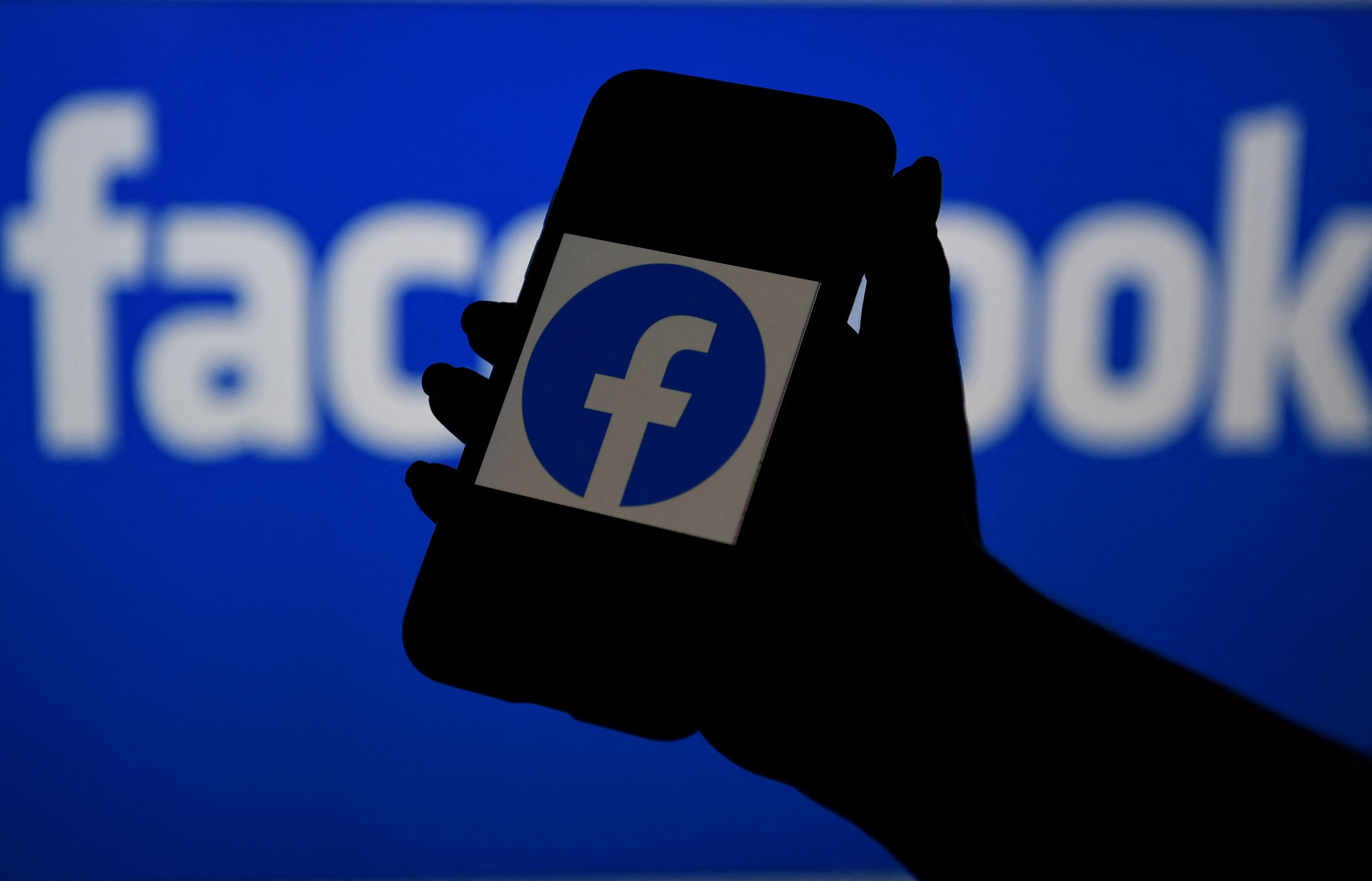Facebook temporarily changes hate speech policy relating to posts on Ukraine invasion
Sign up now: Get ST's newsletters delivered to your inbox

Facebook is also temporarily allowing some posts that call for death to Russian President Vladimir Putin or Belarusian President Alexander Lukashenko in countries including Russia, Ukraine and Poland.
PHOTO: AFP
NEW YORK (REUTERS) - Meta Platforms will allow Facebook and Instagram users in some countries to call for violence against Russians and Russian soldiers in the context of the Ukraine invasion, according to internal e-mail messages seen by Reuters on Thursday (March 10), in a temporary change to its hate speech policy.
The social media company is also temporarily allowing some posts that call for death to Russian President Vladimir Putin or Belarusian President Alexander Lukashenko in countries including Russia, Ukraine and Poland, according to internal e-mail messages to its content moderators.
"As a result of the Russian invasion of Ukraine, we have temporarily made allowances for forms of political expression that would normally violate our rules like violent speech such as 'death to the Russian invaders'. We still won't allow credible calls for violence against Russian civilians," a Meta spokesman said.
The calls for the leaders' deaths will be allowed unless they contain other targets or have two indicators of credibility, such as the location or method, one e-mail said, in a recent change to the company's rules on violence and incitement.
The temporary policy changes on calls for violence to Russian soldiers apply to Armenia, Azerbaijan, Estonia, Georgia, Hungary, Latvia, Lithuania, Poland, Romania, Russia, Slovakia and Ukraine, according to one e-mail.
In the e-mail recently sent to moderators, Meta highlighted a change in its hate speech policy pertaining both to Russian soldiers and to Russians in the context of the invasion.
"We are issuing a spirit-of-the-policy allowance to allow T1 violent speech that would otherwise be removed under the Hate Speech policy when: (a) targeting Russian soldiers, except prisoners of war, or (b) targeting Russians where it's clear that the context is the Russian invasion of Ukraine (eg, content mentions the invasion, self-defence, etc)," it said in the e-mail.
"We are doing this because we have observed that in this specific context, 'Russian soldiers' is being used as a proxy for the Russian military. The Hate Speech policy continues to prohibit attacks on Russians," the e-mail stated.
In response, Russia will end the activities of Meta Platforms if the Reuters report is true, the Kremlin said on Friday.
“We don’t want to believe the Reuters report – it is just too difficult to believe,” Kremlin spokesman Dmitry Peskov told reporters. “We hope it is not true because if it is true then it will mean that there will have to be the most decisive measures to end the activities of this company,” he said.
Last week, Russia said it was banning Facebook in the country in response to what it said were restrictions of access to Russian media on the platform. Moscow has cracked down on tech companies, including Twitter, which said it is restricted in the country, during its invasion of Ukraine, which it calls a "special operation".
Many major social media platforms have announced new content restrictions around the conflict, including blocking Russian state media RT and Sputnik in Europe, and have demonstrated carve-outs in some of their policies during the war.
E-mail messages also showed that Meta would allow praise of the right-wing Azov battalion, which is normally prohibited, in a change first reported by The Intercept.
Meta spokesman Joe Osborne previously said the company was "for the time being, making a narrow exception for praise of the Azov Regiment strictly in the context of defending Ukraine, or in their role as part of the Ukraine National Guard".


